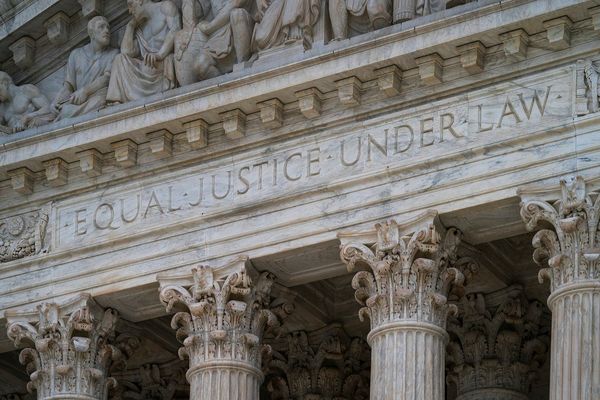Ukraine will be reduced to Russia’s “tethered goat” if a peace plan proposed by US President Donald Trump is implemented, according to the former head of MI6.
Sir Alex Younger said the US president’s proposal was "lopsided" in favour of Russia and would "almost guarantee" another invasion of Ukraine by Vladimir Putin.
The 28-point proposal would see Kyiv give up land while compensating the US for upholding peace. It would also see a formal end to Ukraine’s ambitions to join Nato and the European Union.
In addition, European allies would agree not to station troops in the country, and limits would be placed on Ukraine’s military capabilities, according to the deal.
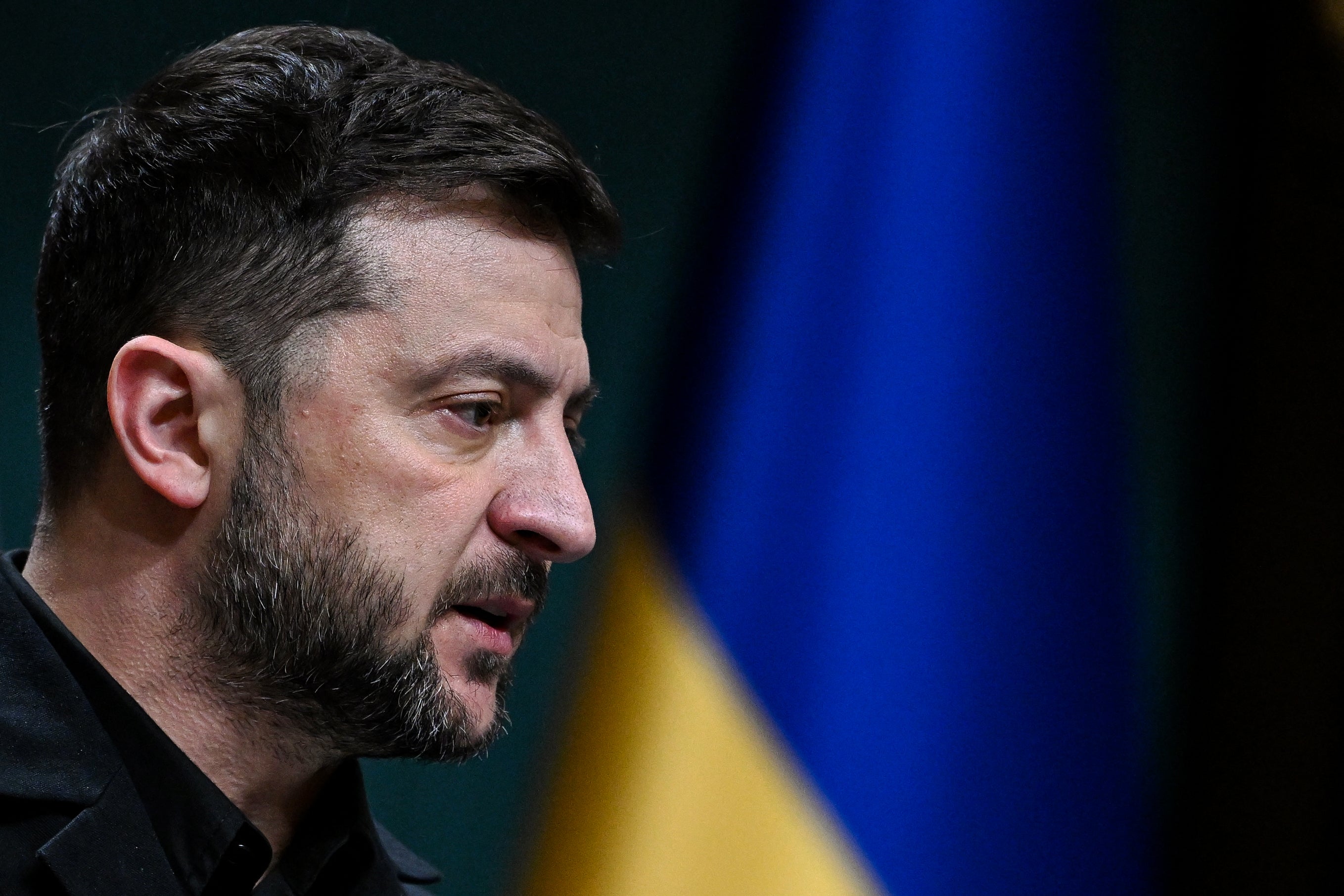
The framework was criticised as being pro-Russian with Europe demanding amendments that took Ukraine’s red lines into account.
Sir Alex, head of MI6 from 2014 to 2020, called for European countries stop “dithering” and stand shoulder to shoulder with President Volodymyr Zelensky.
He told Radio 4's Today programme: “We should be under no illusion: the original proposals are lopsided, essentially Moscow talking points, that would render Ukraine a tethered goat, a juicy target with little chance of defending itself.”
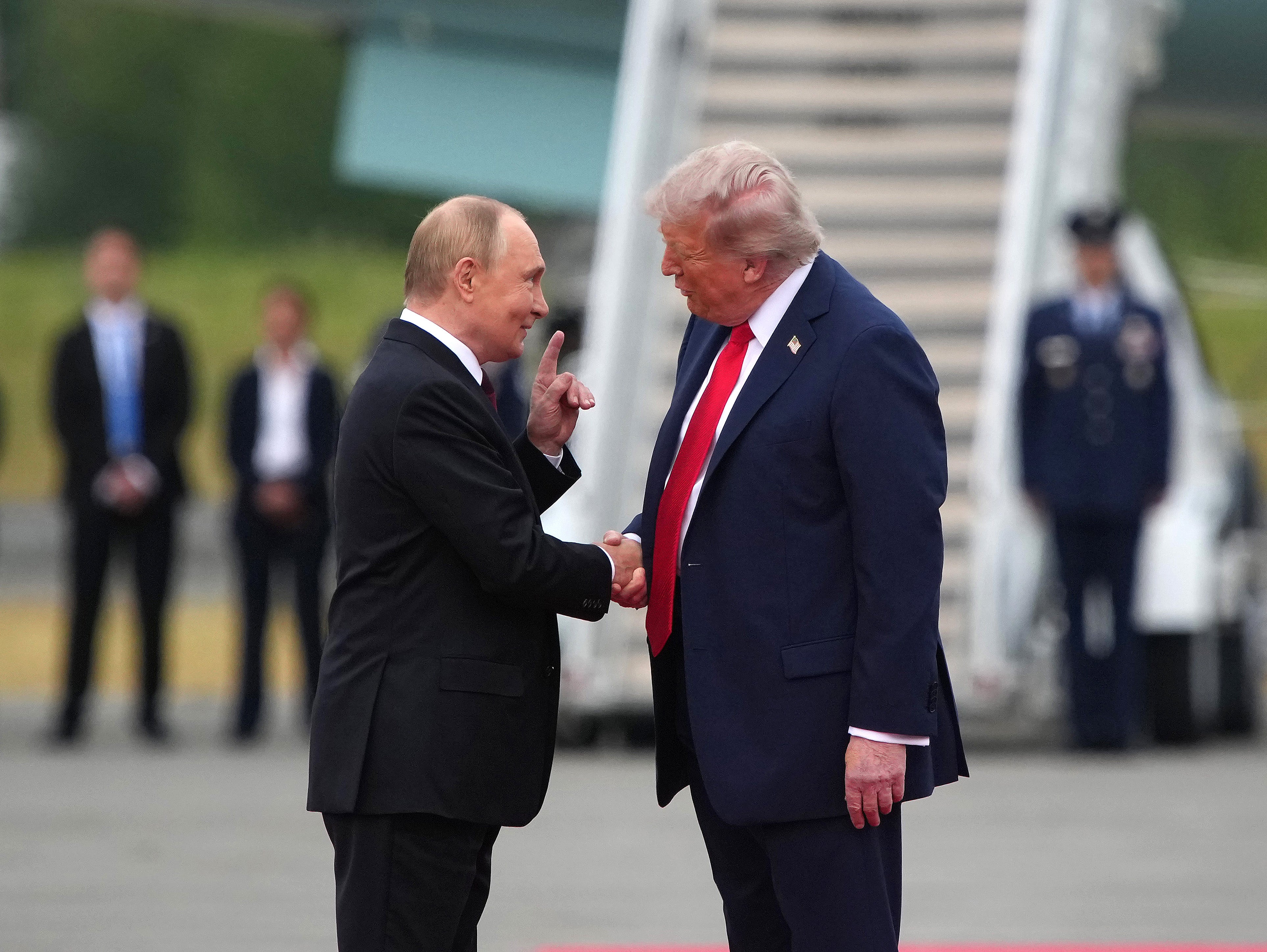
The plans would "almost guarantee the war would restart because Russia would have engineered weakness that it would be bound to try to exploit".
Sir Alex said it was "obvious" that Zelensky could not agree to such terms, instead it should be used as a "negotiating framework".
He commended Trump’s “attempt to stop the killing” but argued “we have to make it less lopsided”.
“In the end it is about an Ukraine that is sovereign and can defend itself and that is much more important. The idea that Ukraine’s army is limited to the point that it cannot defend itself is an absolute non starter.”
He noted that a “critical weakness” in the US approach is its uncritical acceptance “that Russia is winning”, he continued. “The answer is more pressure on Russia not less.”
US secretary of state Marco Rubio said that “tremendous progress” had been made during discussions over the weekend.
Europe demanded changes to the agreement, proposing that Ukraine be granted a larger military than under the US plan.
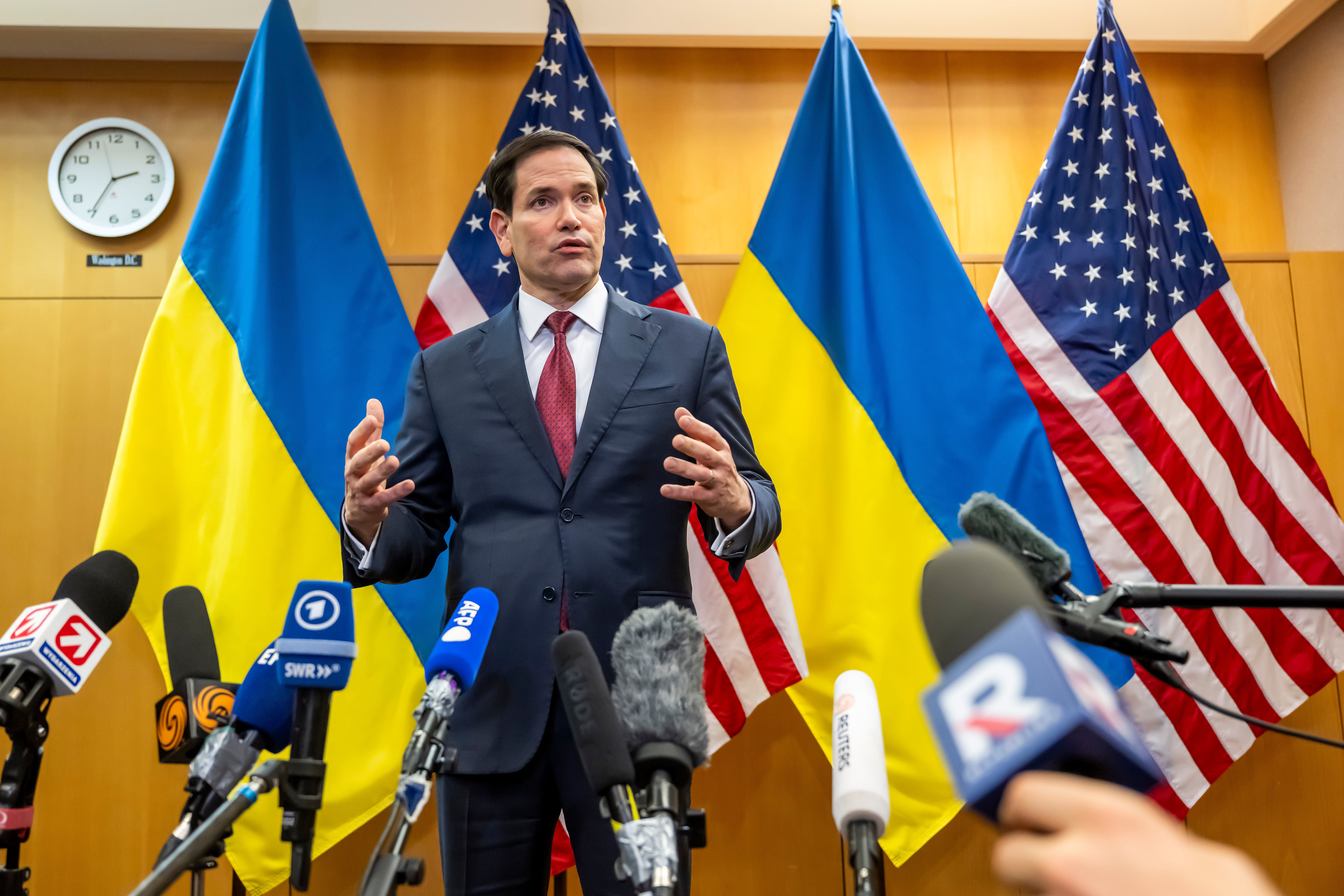
It asked that talks on land swaps should start from the frontline rather than a predetermined view of which areas should be considered Russian.
In a statement on Monday, the White House said “revisions and clarifications” had been made to the agreement, recognising “all of their [Ukraine’s] principal concerns”.
Ukraine reiterated its red lines including formal recognition of occupied territories, demands on limits to Ukraine’s military capacities and restrictions on future alliances.
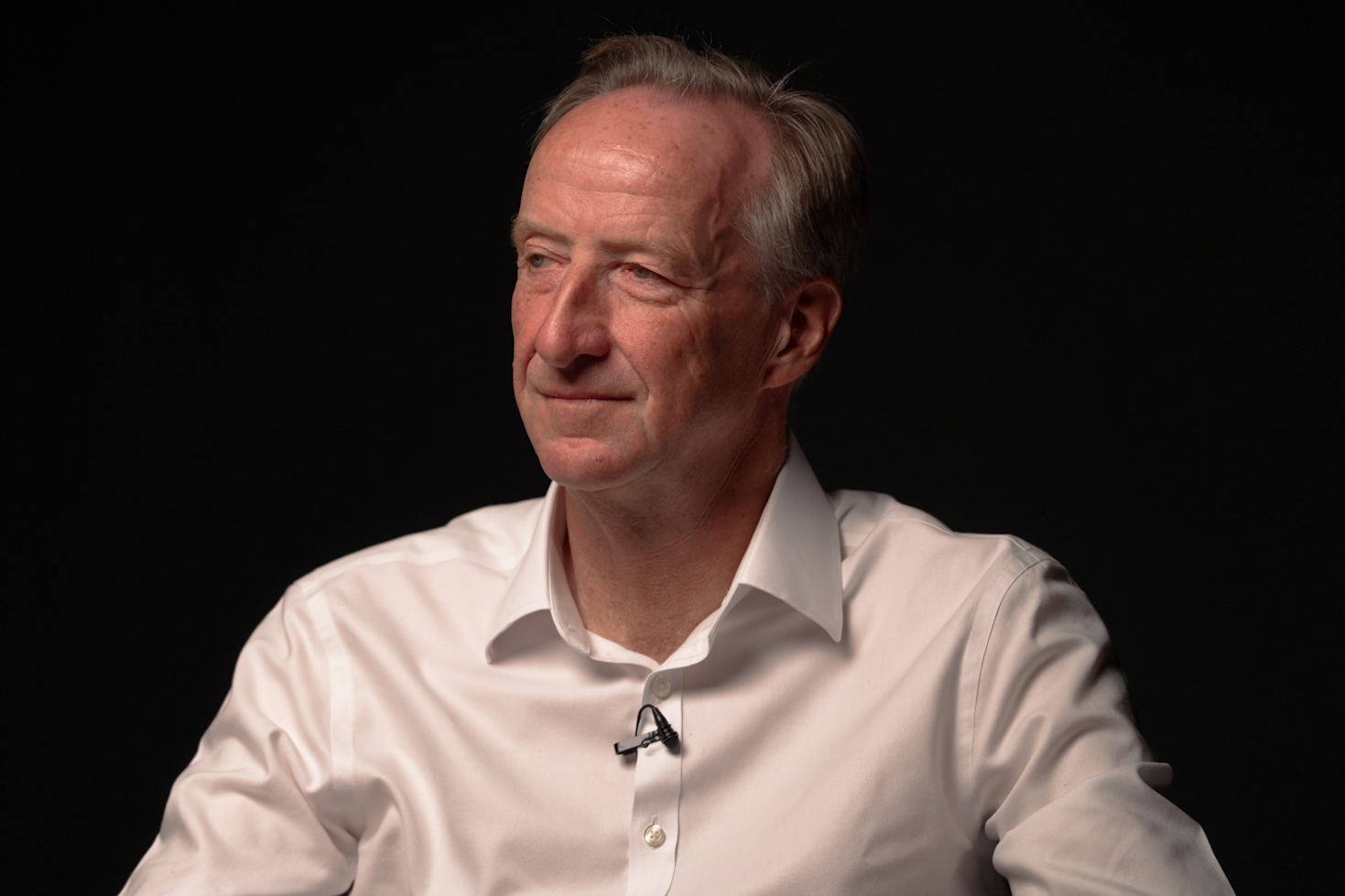
Ruslan Stefanchuk, the speaker of Ukraine’s parliament, said on Monday that membership of the EU and Nato must be considered part of security guarantees in any peace plan for Ukraine.
“We all continue working with partners, especially the United States, to look for compromises that will strengthen but not weaken us,” Zelensky said on Monday, adding that the use of frozen Russian assets was crucial to talks.
“Right now, we are at a critical moment,” he said. “There is a lot of noise in the media, and all the political pressure, and even greater responsibility for the decisions ahead.”
Ukraine war live: Trump hints at ‘big progress’ in peace talks while EU leaders meet
As Trump bends to Putin’s will again on Ukraine, it is time for Europe to go it alone
Zelenskiy could visit US later this week in attempt to seal peace agreement
Reports from Ukraine peace talks ‘positive’ – Irish foreign affairs minister
This is Europe’s counter-proposal for peace in Ukraine – with changes to Trump’s plan
Musicians jailed for singing anti-Kremlin songs ‘flee’ Russia





